Do you and your family know what to do in the event of a tornado or tornado warning? It is important to plan, in advance, when and how you will take shelter in your home with the entire family. Do you have an NOAA weather radio in the event of severe weather while your sleeping?
Waiting for the severe weather to arrive is not the time to begin thinking about where you will stay safe and/or where your supplies are. Have a plan before the weather strikes.
Do you know the difference between a tornado watch and a tornado warning?
TORNADO WATCH: means the conditions are favorable or the development of a severe thunderstorm capable of producing tornadoes*
TORNADO WARNING: means a severe thunderstorm has developed and has either produced a tornado or radar has indicated intense low-level rotation in the presence of atmospheric conditions conducive to tornado development*
When preparing for a tornado you will need to choose a safe room in your home for you and your family to gather during a tornado. Ideally, this will be a basement or storm cellar. Some homes don’t have those options, so you would want to choose an interior room on the lowest floor of your home with no windows.
Make sure your family is prepared in knowing where the emergency first-aid kit is, where the fire extinguishers are located and how to turn off the water, gas and electric in your house if necessary. Make sure the utility switches are clearly marked so they can be turned off quickly.
SAFETY TIPS: Your emergency kit should include water (one gallon per person per day, for three days) and a 3-day supply of non-perishable food items. Include a battery-powered radio, flashlight, batteries, necessary medications, and a first-aid kit.
After the storm has passed check your home and neighborhood for hazards from downed power lines or objects in contact with them. Be aware of any structural, electrical or gas-leak hazards in your home or on your property.
If you have not done so before the storm, turn off any electric, gas or propane to avoid fire, electrocution or explosions if you suspect any damage to your home. This includes frayed wiring, sparks, strange odors, gas leaks and more.
SAFETY TIP: Report any electrical hazards to the police and your local utility company.
Use battery-powered flashlights and lanterns to light your home, if you have a generator you can power items in your home even when your electricity is out. AC WORKS™ brand products are here to help you get power to your household plugs and adapters if necessary.

Watch for our adapters and extension cord options to help turn your power back on to necessary items in your home, when a tornado has you powerless.

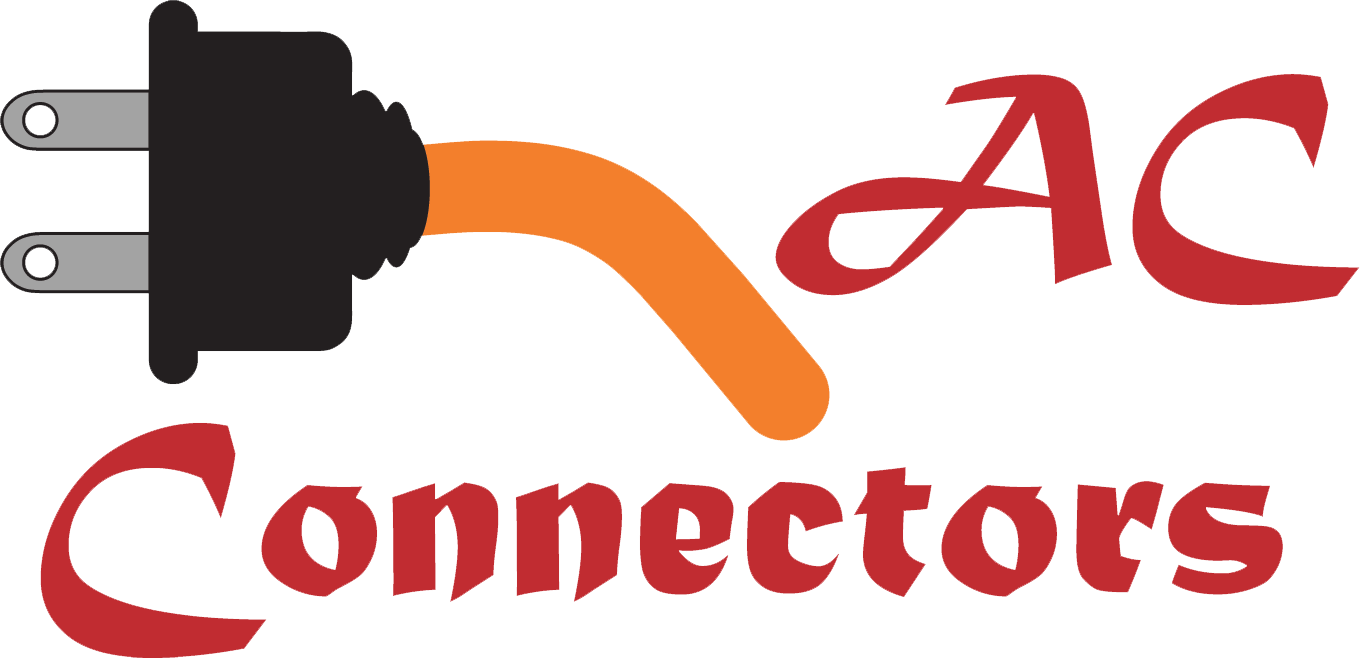

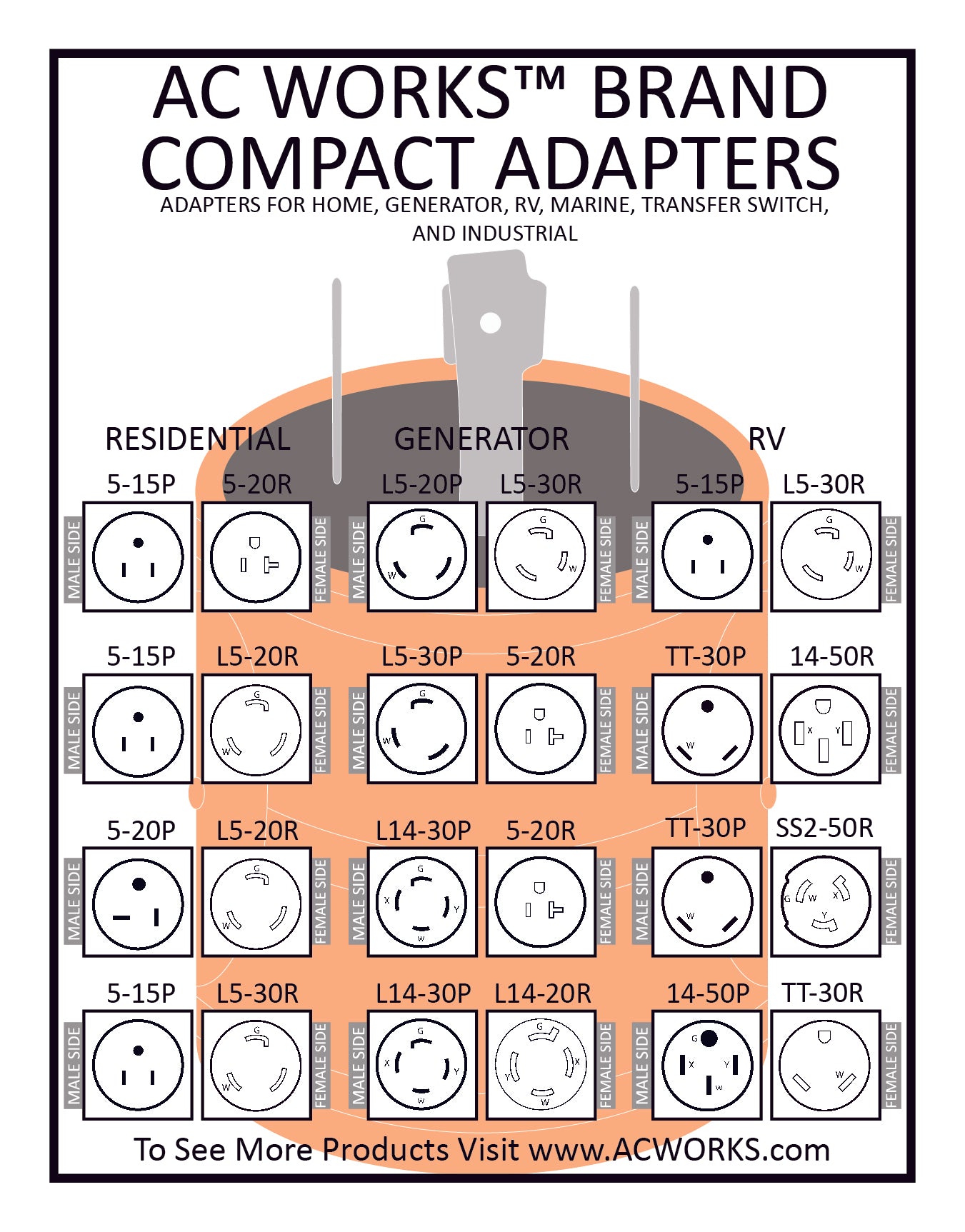
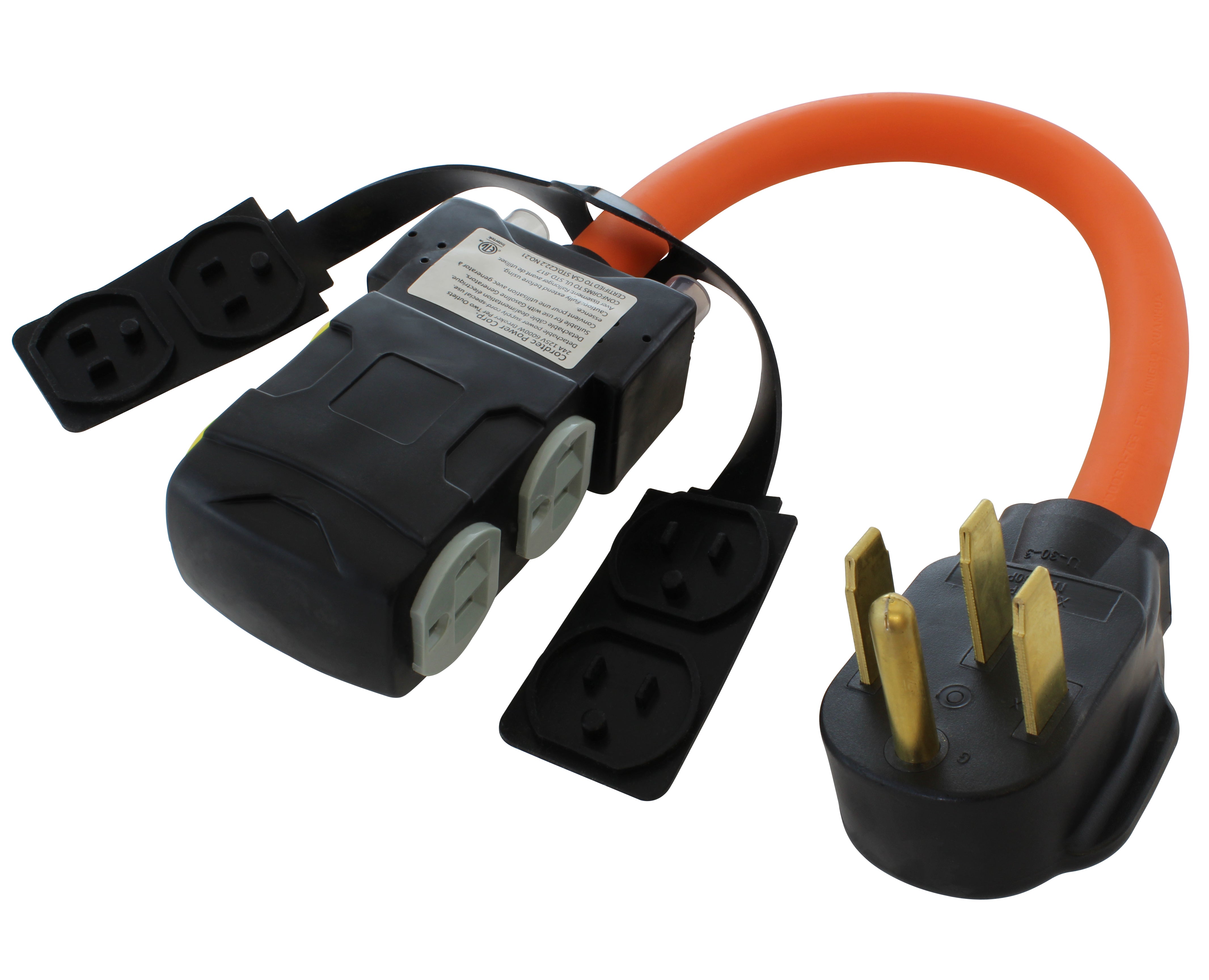
![AC WORKS® [ASINSS2PBX-G] 50A Locking 4-Wire CS6375/ SS2-50 Heavy-Duty Transfer Switch Inlet Box](http://acworks.com/cdn/shop/files/ASINSS2PBX-0_0206b362-7c90-42a5-8754-0685c13dab7e.jpg?v=1758051675&width=2500)
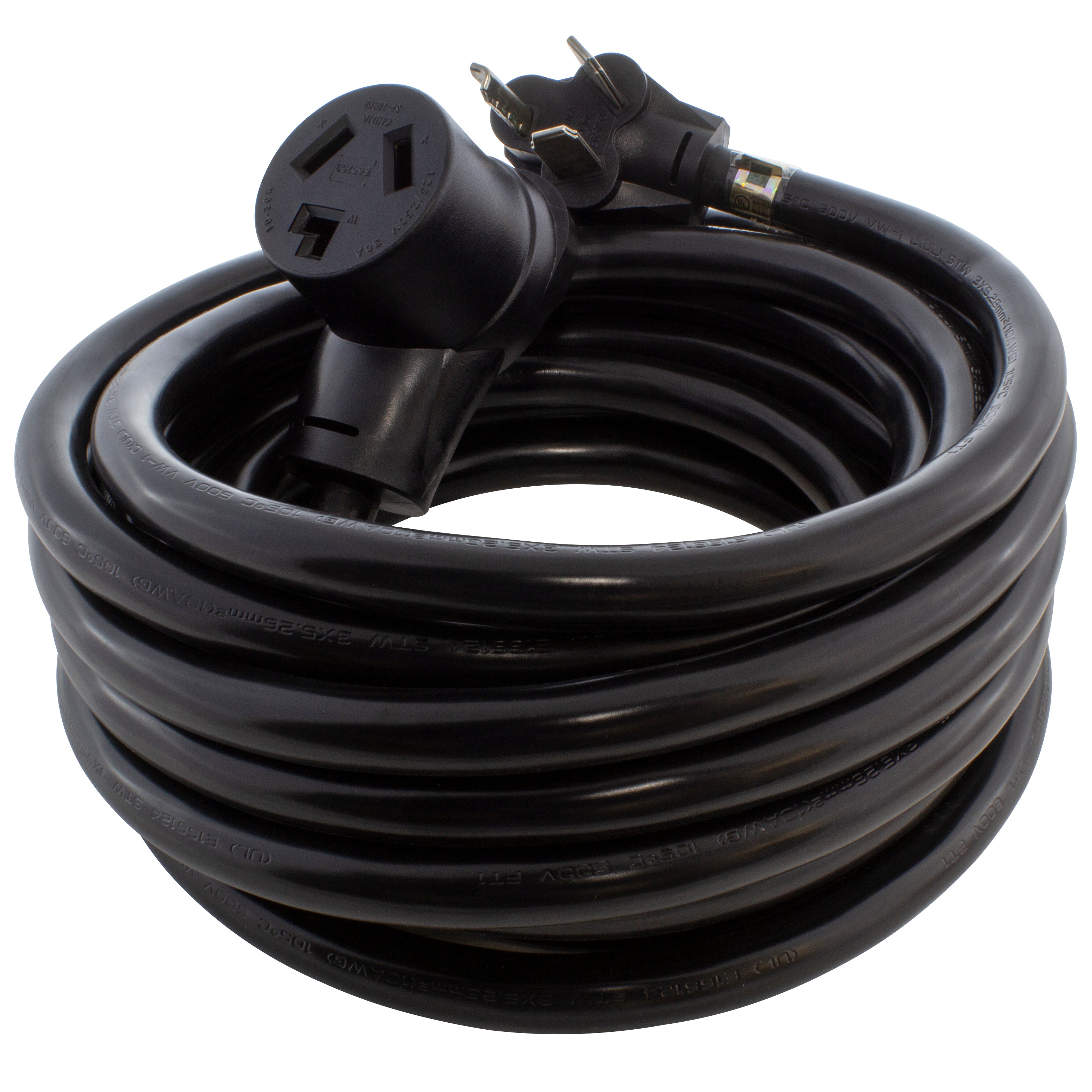
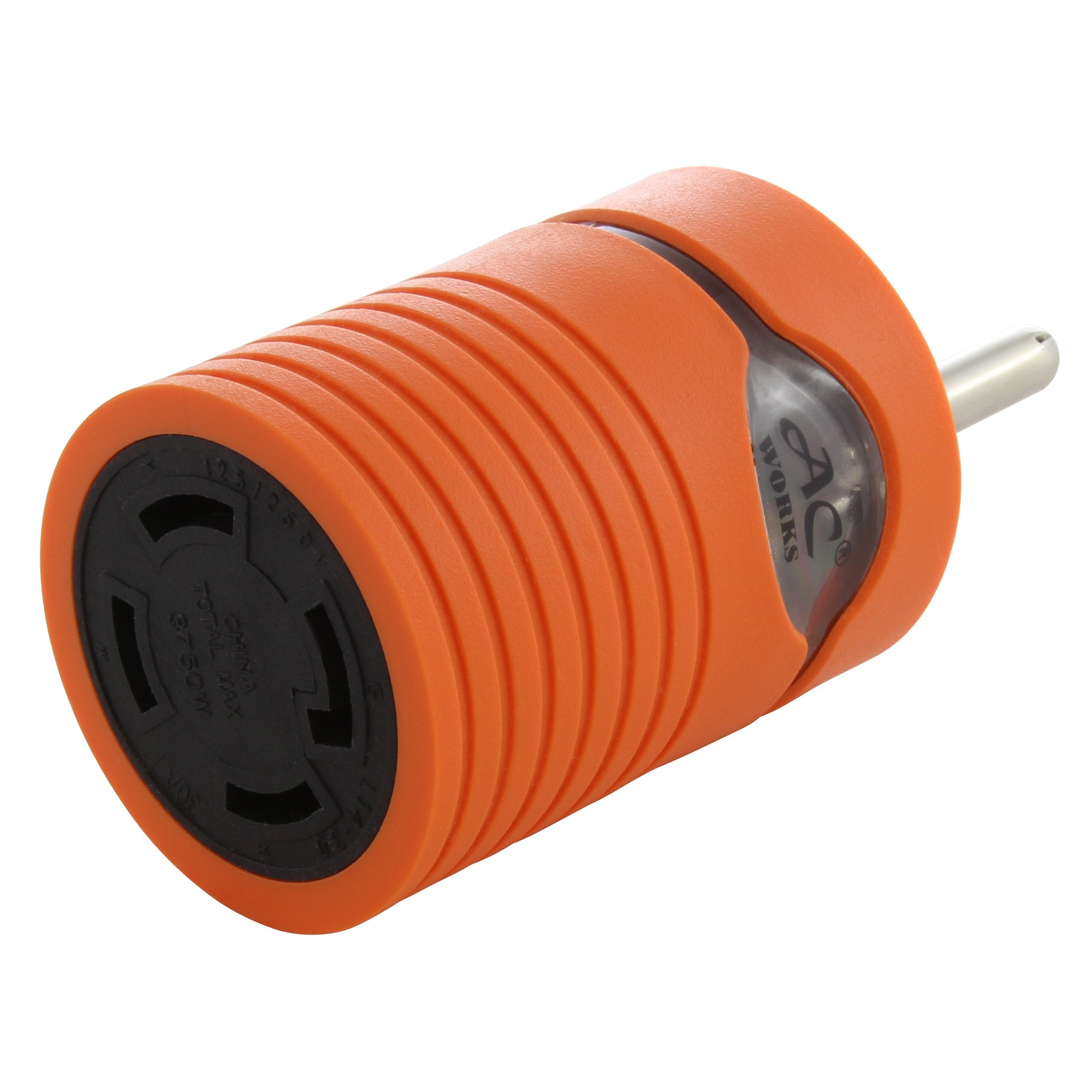
![AC WORKS® [S1430CBF520] 1.5FT 14-30P 4-Prong Dryer Plug to (4) Household Outlets with 24A Breaker](http://acworks.com/cdn/shop/products/S1430CBF520.jpg?v=1666103519&width=4656)
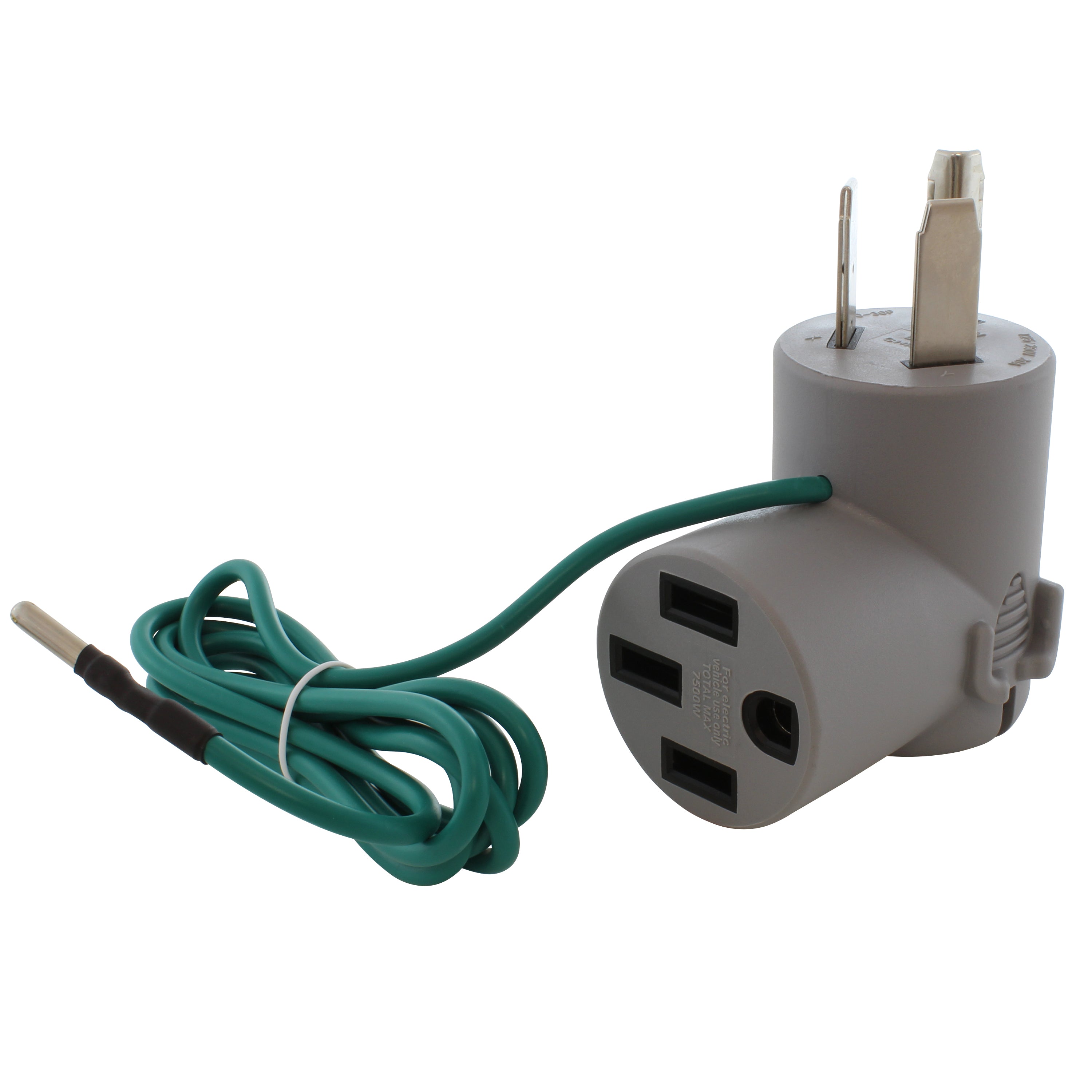
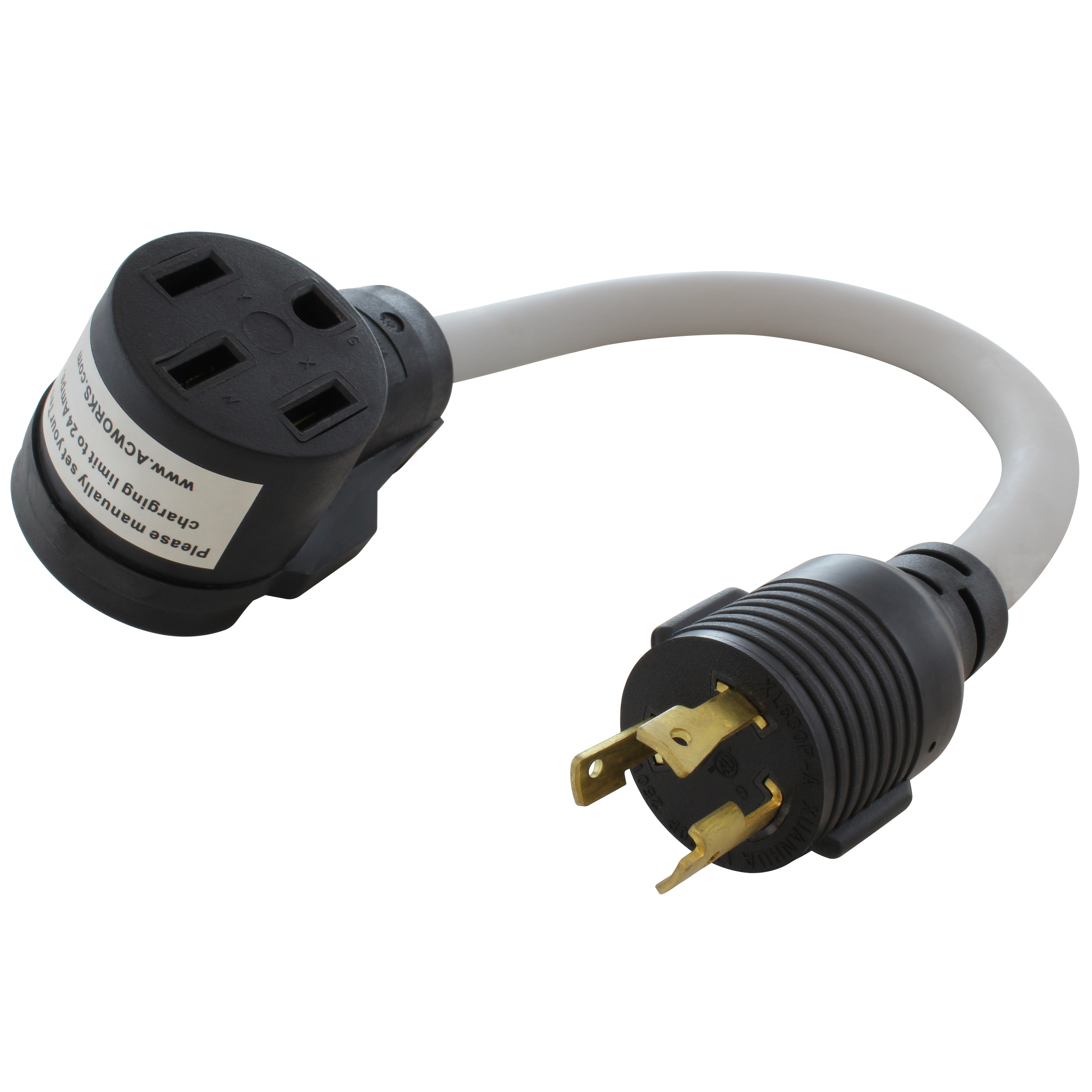
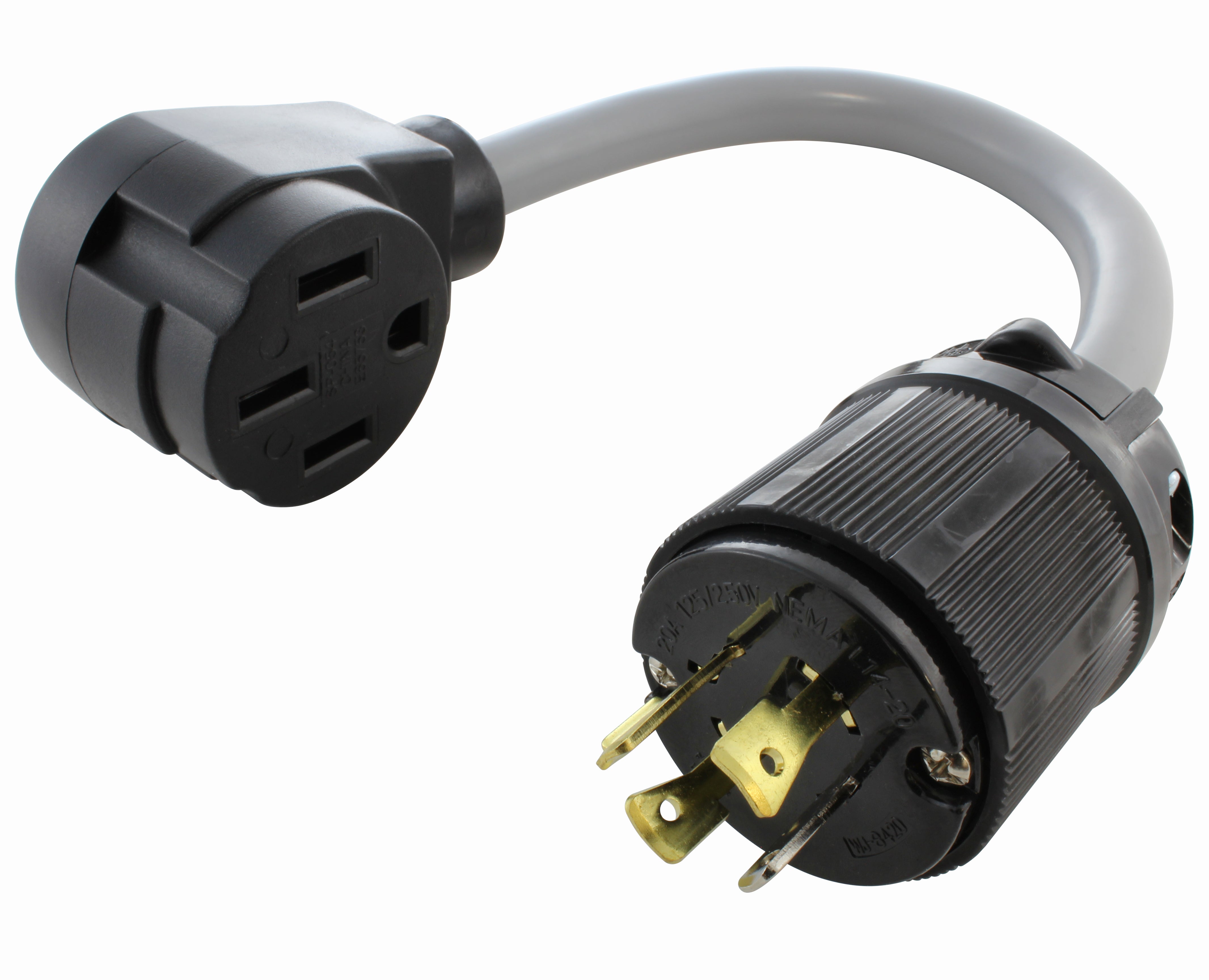
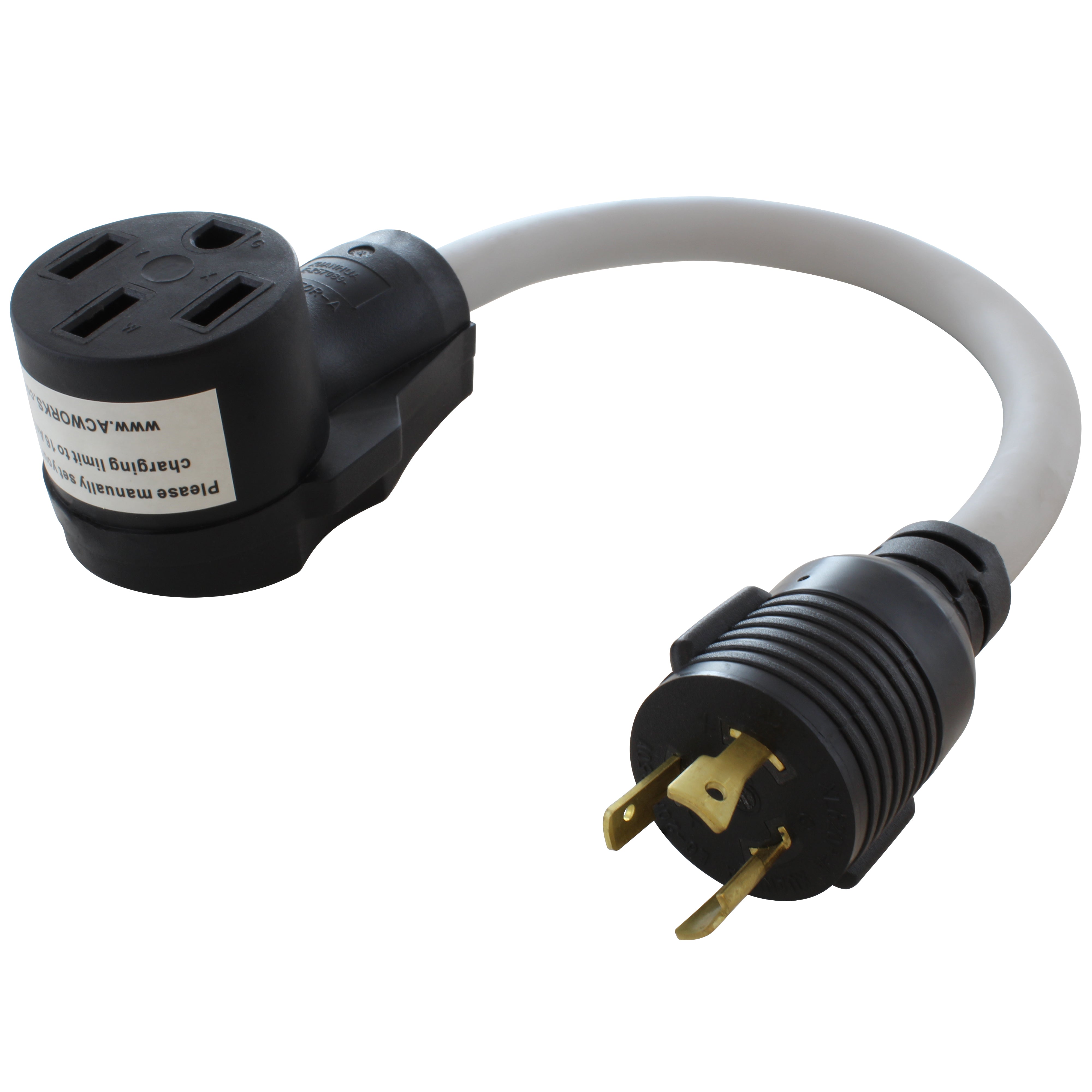
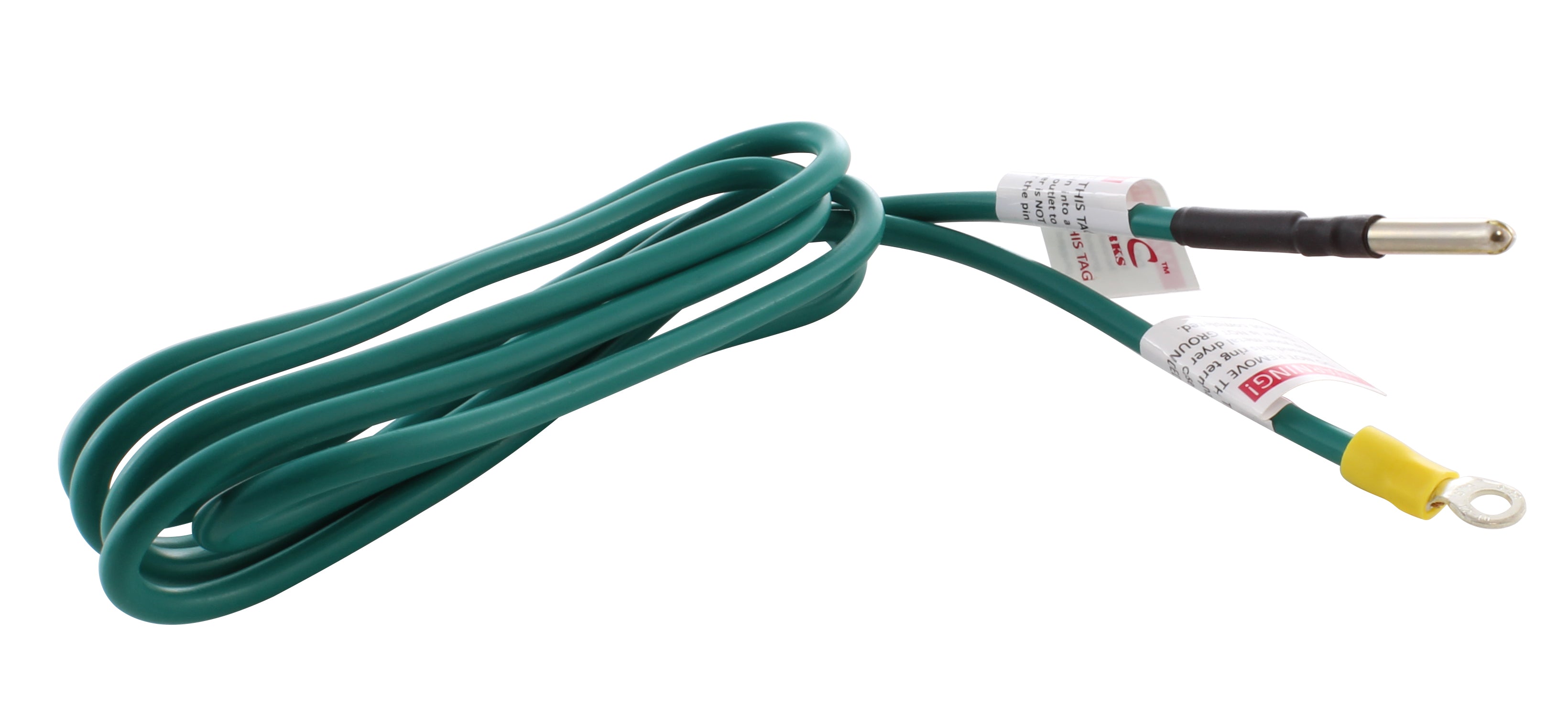
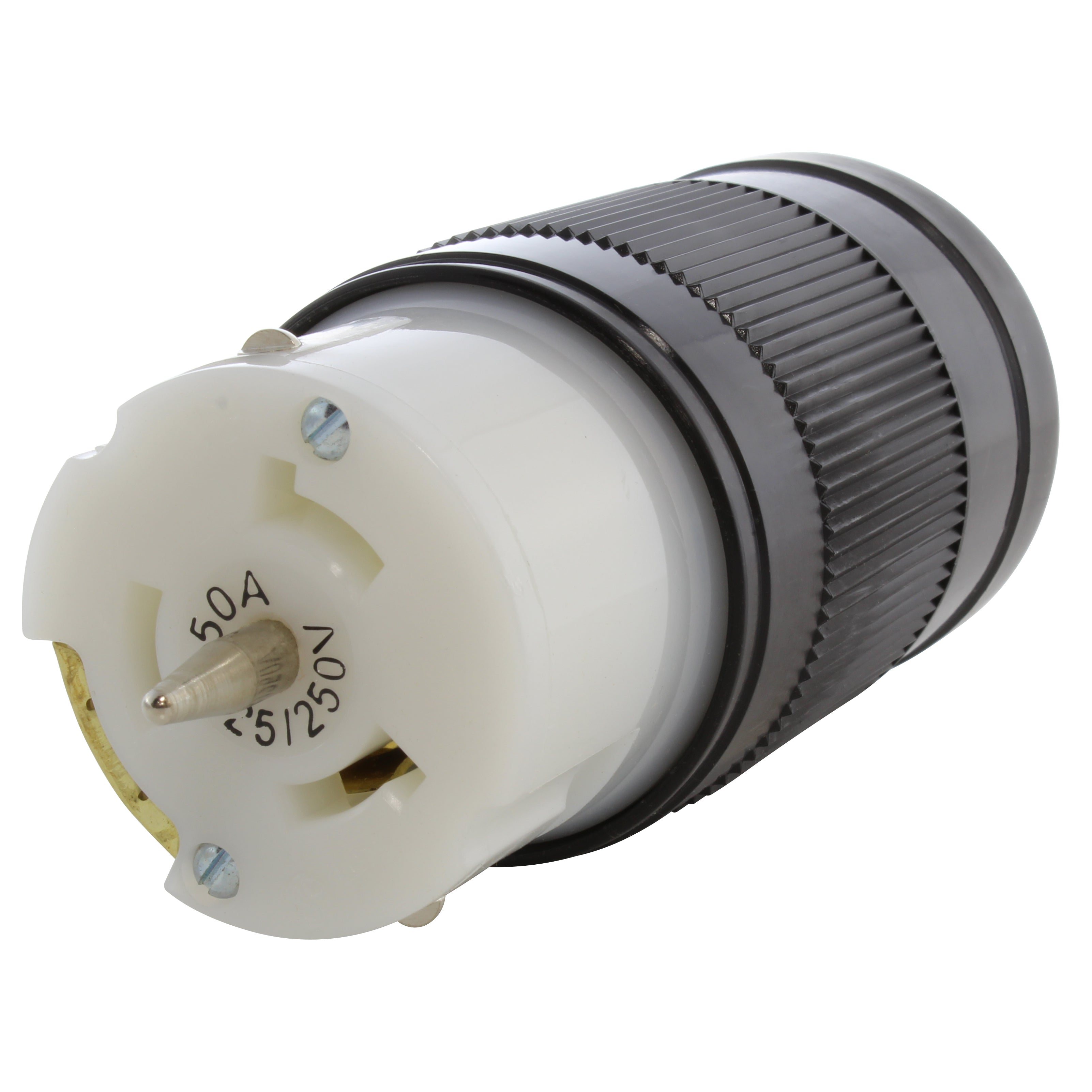
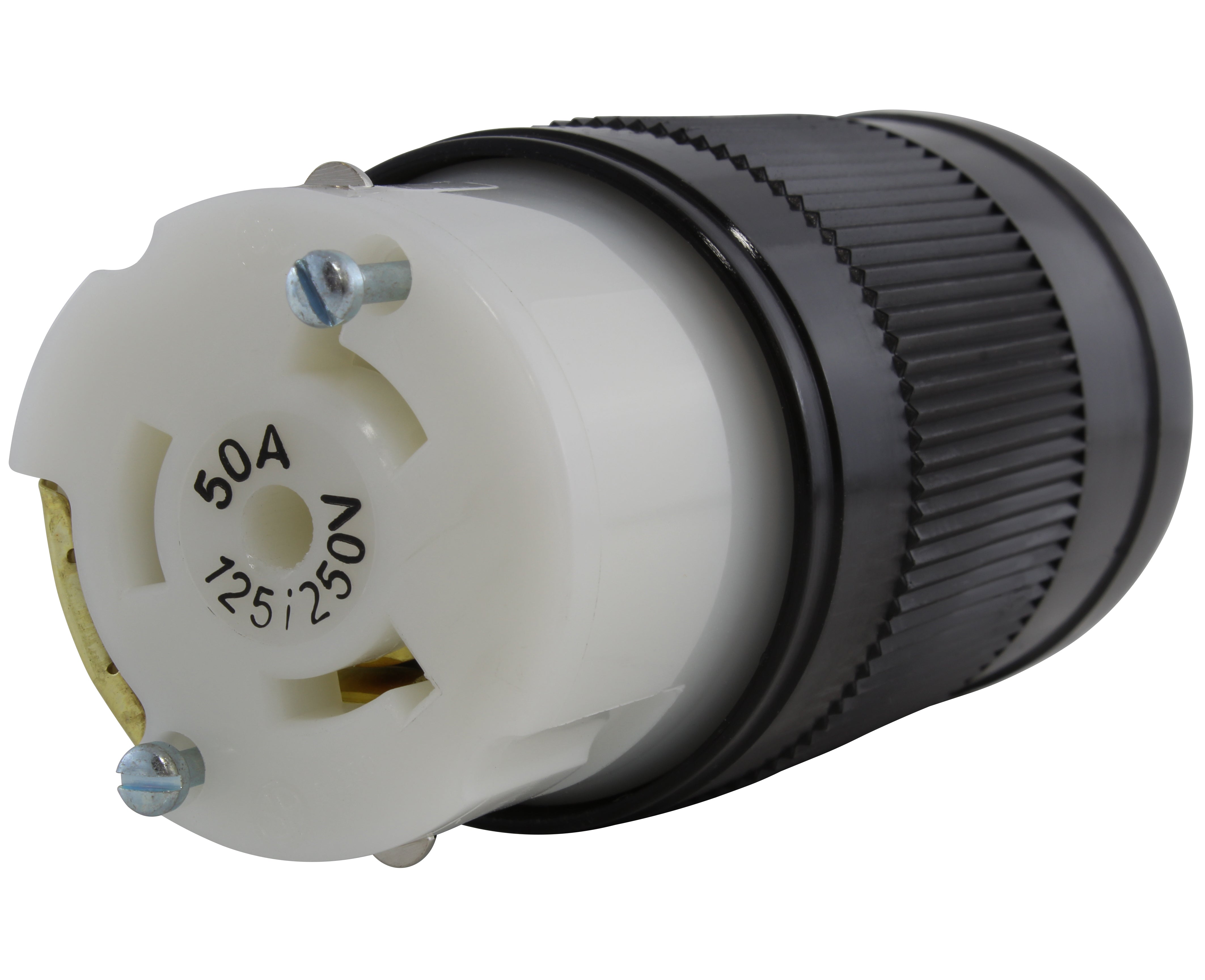
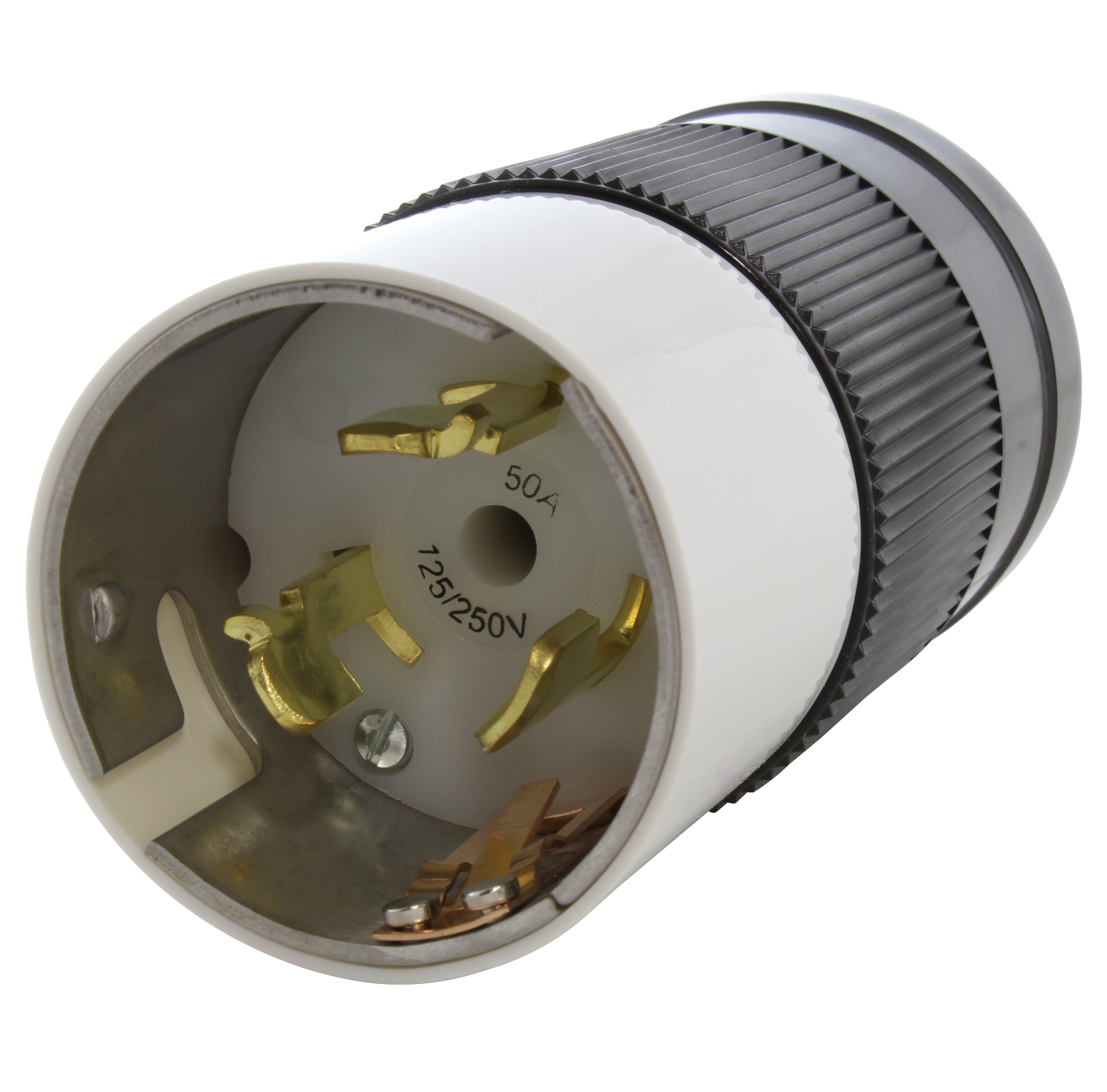
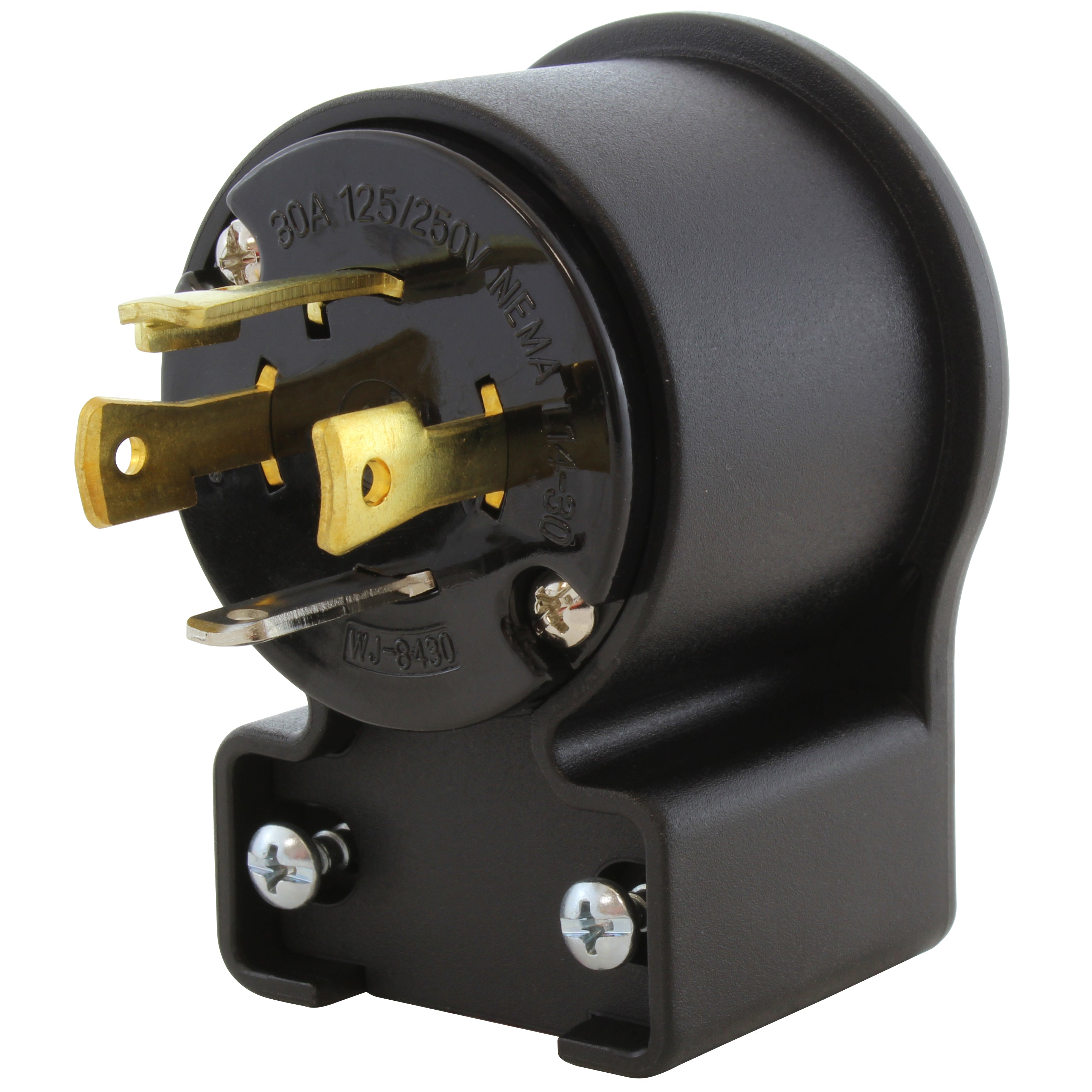
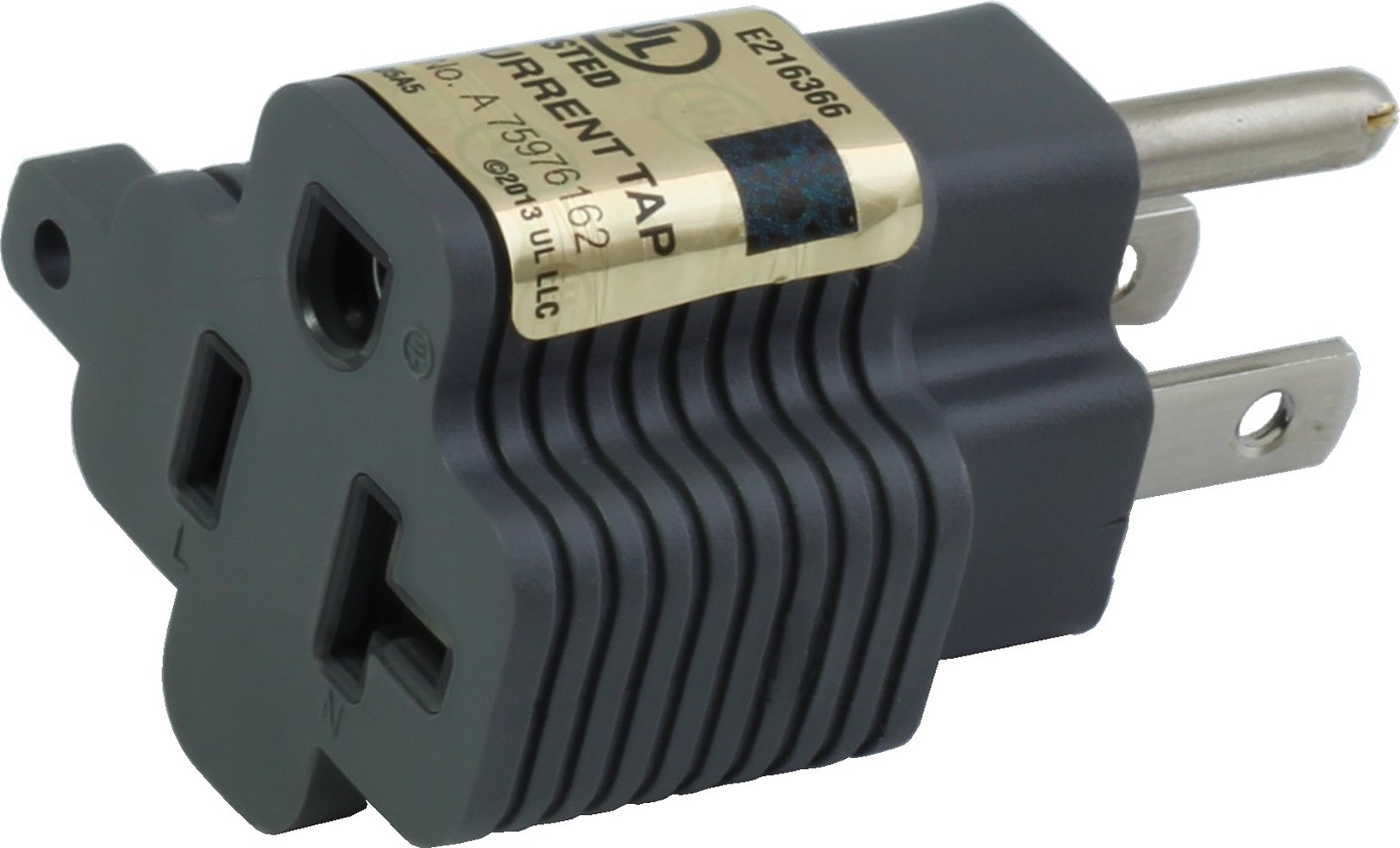
![AC WORKS® [ADV104] 3-Prong Heavy-Duty V-DUO Household Outlet Adapter](http://acworks.com/cdn/shop/products/ADV104-0.jpg?v=1605738768&width=3128)
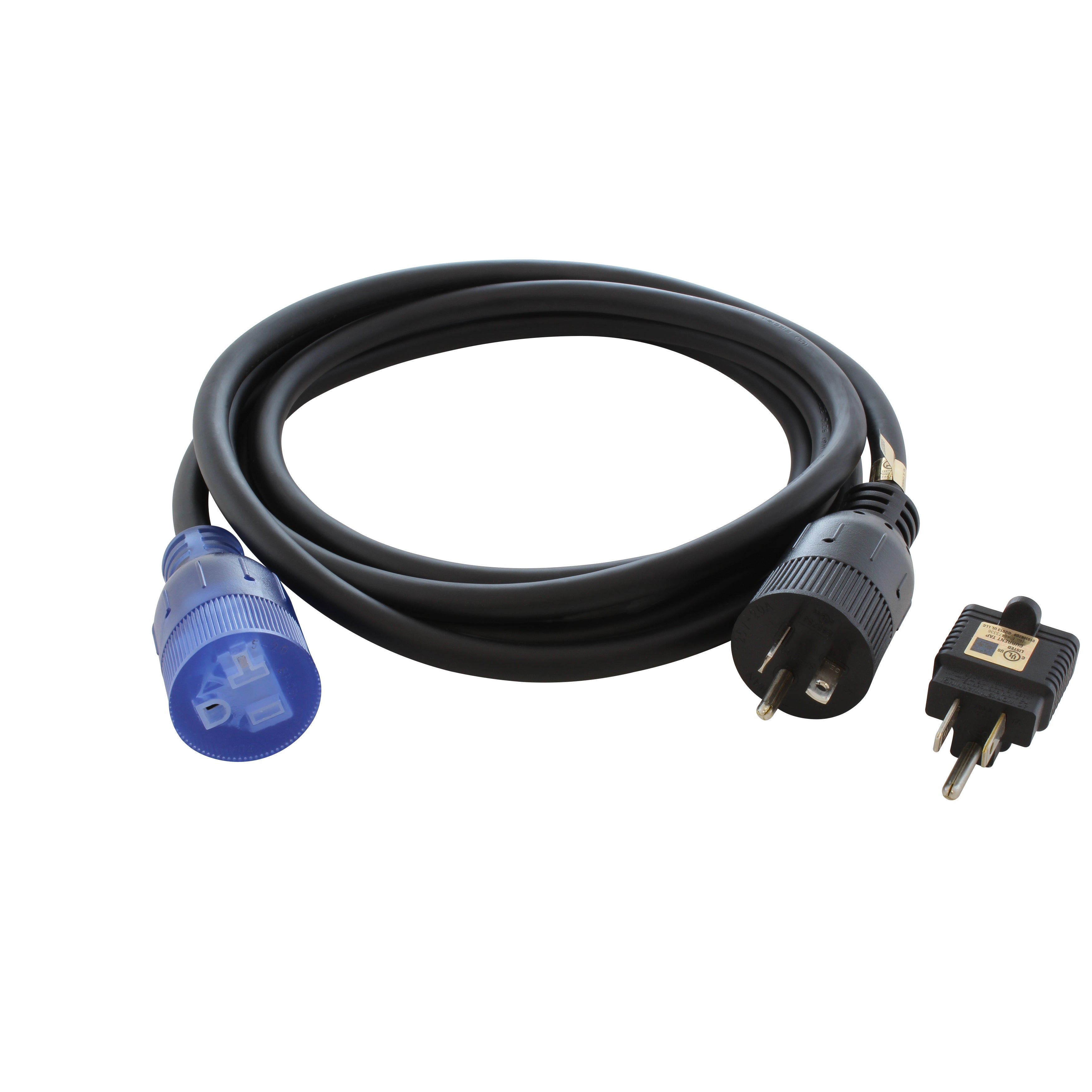
![AC WORKS® [XH515520] 15A to 15/20A 125 Volt Plug Adapter with ETL Safety Approval](http://acworks.com/cdn/shop/files/XH515520-0_daea425a-f439-48df-bb75-052167057f12.jpg?v=1729091519&width=2500)

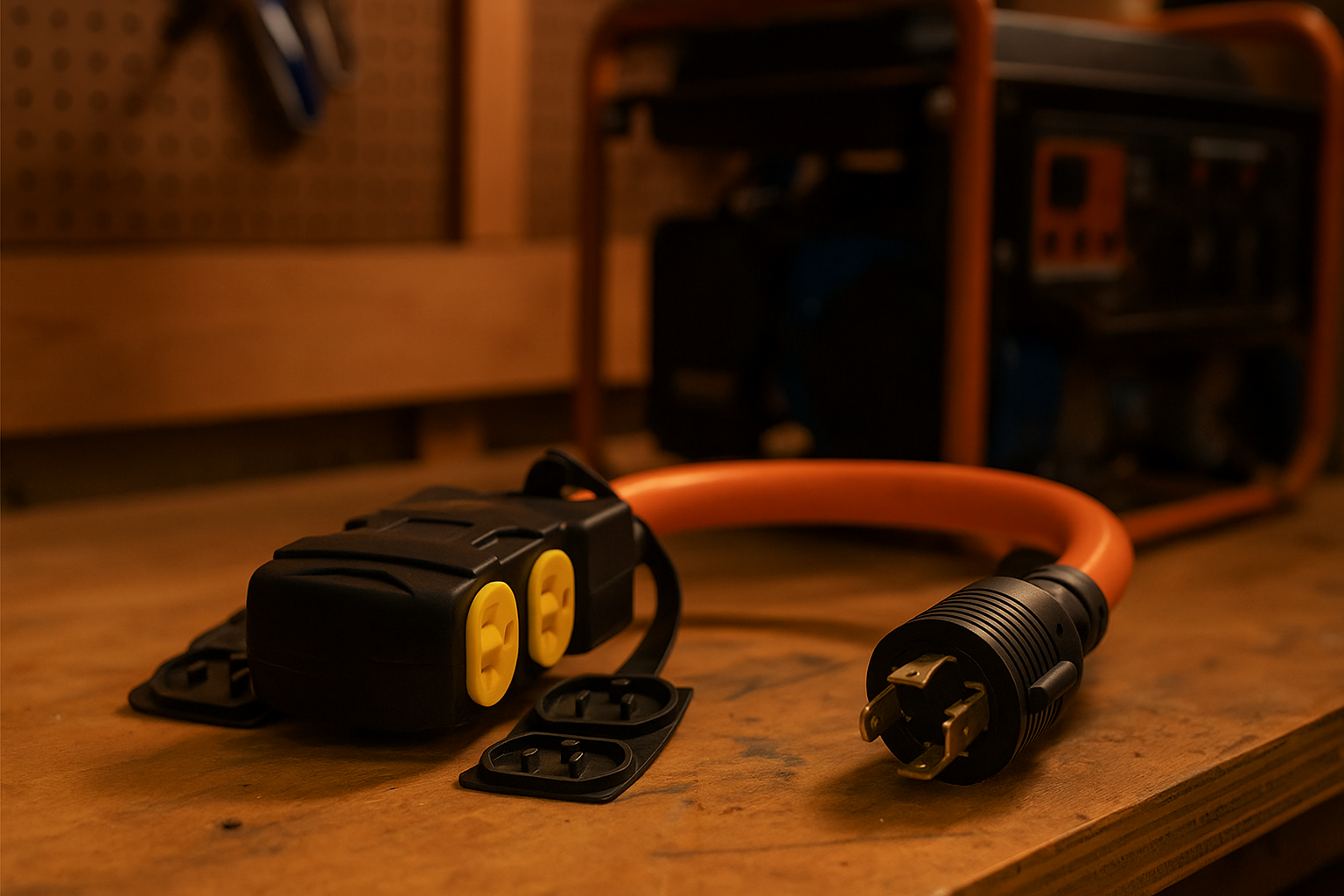

Share:
Father's Day Gift Buying Guide
How to Use a Manual Transfer Switch System for your Home
2 comments
Hello Wayne. When you do go off-grid, that’s the same as cutting the main power switch between your home and the grid. You want to do that before operating your transfer switch because if the power is restored from the grid while you are running on your transfer switch, you will have an overload of power which could damage appliances inside your home.
Once you go off the grid from main power do you need to to cut your main power switch from your home to operate the TRANSFER SWITCH THAT WAS INSTALLED……AND WHY?…….